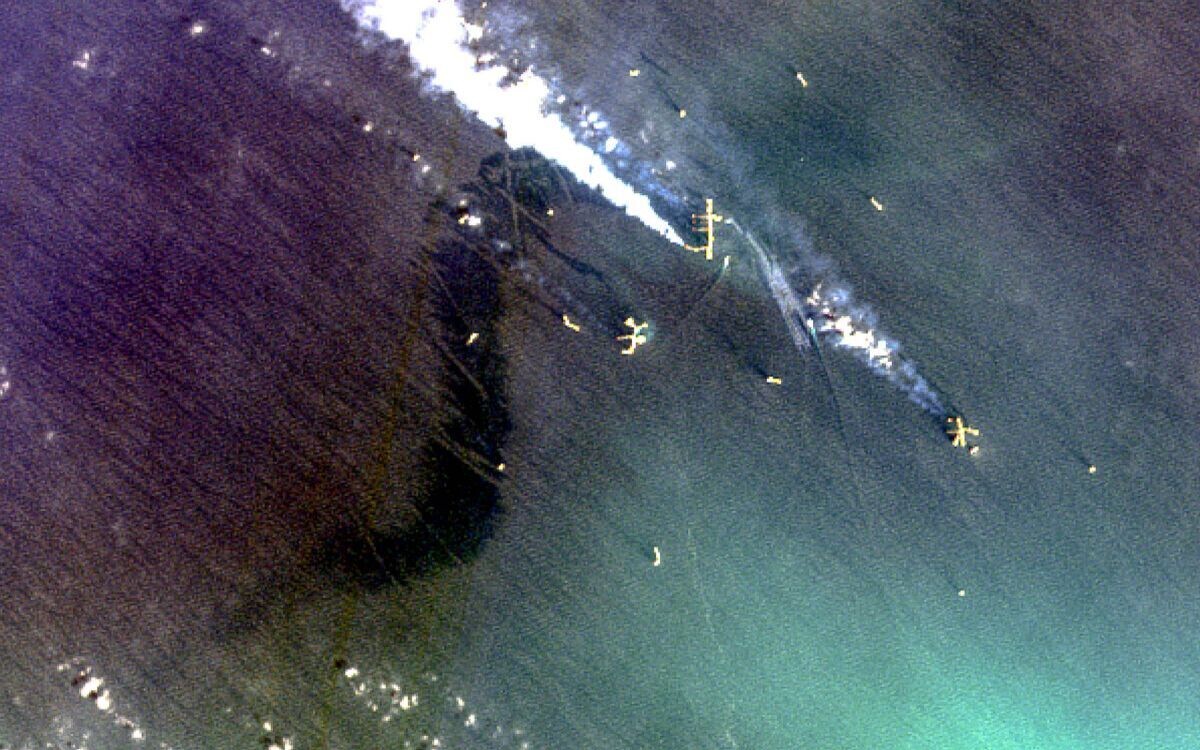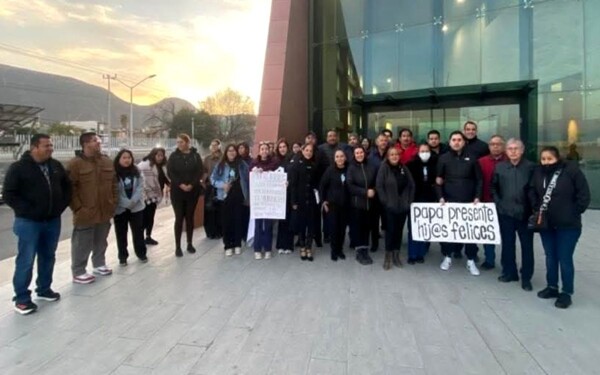
An investigation conducted by Data Crítica and Mongabay Latam revealed that during the period from 2018 to July 2024, 60% of oil spills that occurred in the Gulf of Mexico were not reported by the responsible companies, including Petróleos Mexicanos (Pemex) and private companies like Perenco. This revelation, based on an analysis of six years of corporate reports sent to the Agency of Safety, Energy, and Environment (ASEA), compared with more than 3,000 satellite images, highlights a clear underreporting of these environmental incidents.
Gibrán Mena, one of the researchers responsible for the report, detailed on Aristegui en Vivo that Mexican law requires oil companies to report accidents and spills to ASEA. However, both fishermen and scientists documenting these events in the Gulf of Mexico are not recognized as legitimate whistleblowers by the government, making it the sole responsibility of companies to make such reports.
According to the investigation, satellite images detected oil stains during 74 months between 2018 and 2024, while official reports only recognized spills in 44 months, evidencing that 60% of the events identified by scientists were not reported to the relevant authorities. In Mena's words, fishermen in the area, such as Elías Nahal Hernández, describe a bleak picture after encountering a sea of darkness and death due to the spills.
On the other hand, the researcher emphasized that current law does not recognize fishermen's reports or scientific reports based on satellite images as valid evidence, despite the significant environmental impact these spills entail. More than 15,000 species present in the Gulf of Mexico, many of which are crucial for ecosystems and the livelihood of over 80,000 fishermen, are endangered due to these incidents, including protected species like the olive ridley sea turtle and certain sharks.
In light of this issue, affected fishermen have requested President Claudia Sheinbaum to address the situation, highlighting the importance of the oil industry but also the need to ensure food security for all Mexicans. Regarding the companies' responsibility, the report documented that, out of 48 spills reported in six years, fines were only imposed in eight cases, such as in the case of Perenco, whose spill affected the mangroves of Laguna de Términos in Campeche.
Ultimately, the investigation reveals deficiencies in environmental oversight and widespread impunity in the oil industry, while fishermen are direct witnesses to the deterioration of the ecosystems they work in and depend on for their livelihood.














